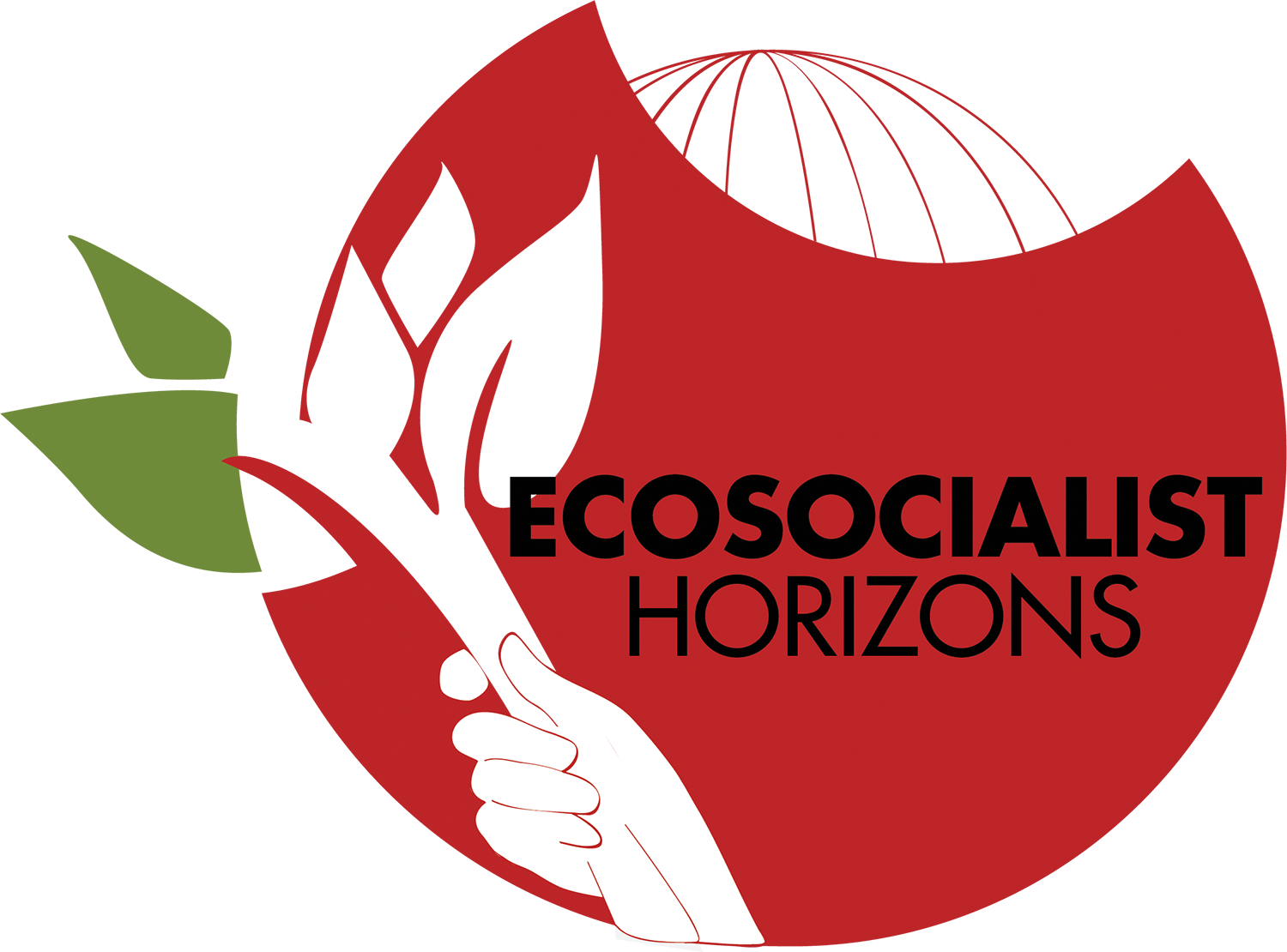Fourteen Days that Burned the World
In the literal wake of COP17, ‘saving the world’ can no longer be dismissed as a vague proposition. It must be understood as a specific struggle against capitalism, and it is the birthright of us all to take up the challenge.
Communique from COP
Many arrived in Durban with high hopes. They hoped that the sheer urgency of climate change, especially in Africa, would persuade world leaders and their representatives to take the necessary action to avert global catastrophe. They hoped that dissent inside the meetings would pressure the big polluters to atone for their sins.
The Clash of Globalizations
There are two kinds of globalization in the world today. There is the globalization of the 1%, the globalization of power and money; of politicians, transnational corporations, and the kingdom of experts who do their bidding. And there is the globalization of the 99%, diverse and diffuse, from grassroots masses to massive NGOs, which converges for moments of tenuous but hopeful solidarity, to promote programs of both reform and revolution. They are clashing here in Durban, at a meeting which presides over the fate of human civilization as we know it.
Location, Location, Location
To understand what is happening in Durban today, especially if you are in another part of the world, it is essential to take a step back to understand the local, national and continental context.
The Movement Has Begun
On December 1st, the Democratic Left Front, a movement of movements based in Johannesburg, South Africa, inaugurated its arrival in Durban with an all-day conference on ecosocialism at the University of KwaZulu Natal. This event was a turning point for me personally, and as I will outline below, a powerful message to us all that an ecosocialist movement is not only growing on the horizon, but has already begun.





